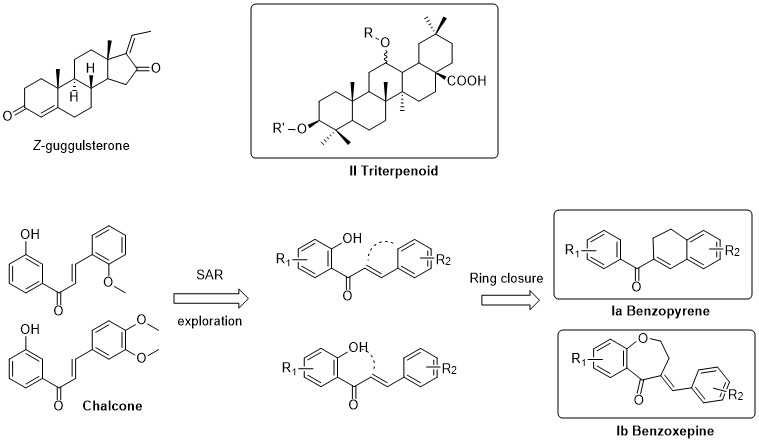
Weishuo Fang
Institute of Materia Medica, China
Title: Natural products based FXR antagonists: From plant constituents to in vivo active molecules
Biography
Biography: Weishuo Fang
Abstract
Farnesoid X receptor (FXR), belonging to the nuclear receptor superfamily, has emerged as a key player in the control of multiple metabolic pathways. In May 2016, a steroidal FXR agonist obeticholic acid was approved by FDA for the treatment of primary biliary cholangitis (PBC) in combination with ursodeoxycholic acid (UDCA) in adults with an inadequate response to UDCA, or as a single therapy in adults unable to tolerate UDCA, validating the utility of FXR interacting agents in human. Extensive studies on the discovery of FXR ligands in the past 1-2 decades has resulted in the report of some steroidal (natural ligand like) and non-steroidal FXR ligands. However, serious side effects were encountered during the application of FXR full agonists to animals and patients with diabetes and liver steatosis, so FXR partial agonists and antagonists have been actively pursued as alternatives to full agonists, although their number and structural diversity are still limited. Most of reported FXR antagonists to date are still steroidal molecules, including the first known antagonist guggulsterone (Fig.1), in addition to a few synthetic non-steroidal ones. In the pursuit of new chemo type of FXR interacting agents from natural products, we found some chalcones and pentacyclic triterpenes as FXR antagonists or coactivators. Further chemical manipulations were applied to optimize their pharmacodynamics (PD) and pharmacokinetics (PK) properties. Some benzopyrenes (Ia), benzoxepines (Ib), and substituted triterpenoids (II) were found as potent FXR antagonists, demonstrating hypolipidemic activity and hepatic protection ability in diabetic KKAy mice. These studies demonstrated natural products derived FXR antagonists could exert pharmacological activity in mice safely, which are of potential for the metabolic disease treatment.


